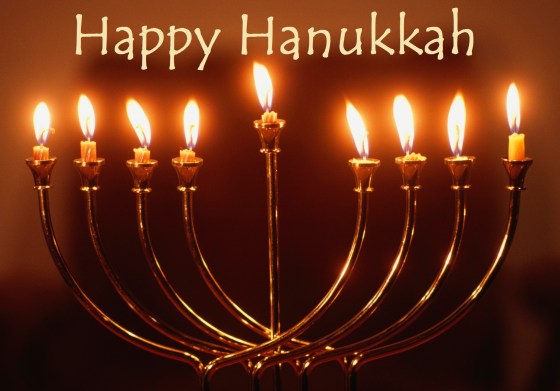
My work on this project has been completely focused on the Jewish Holocaust, perpetrated by the Nazis, headed by Adolf Hitler. And while I am aware there have been, and continue to be, other mass genocides throughout human history, this is the one that touches me and my family personally and thus it is my starting point. But, a recent reading of an article in Johannesburg, South Africa’s “Daily Maverick,” was a real “ah-ha” moment about how genocides can be linked one to another.
South African anthropologist Steven Robins, has recently published his family memoir which traces the story of his family who remained in Nazi Germany during the Holocaust and perished there. What is amazing is that during his research he found some unique connections between the Holocaust and the work of Dr. Eugen Fisher, the Nazi scientist who’s “Eugenics,” study would eventually help shape Nazi policies about racial purity. The research is fascinating in itself, but also adds context to the history of the Nazi regime and might offer some insights into the phenomenon of genocide. Robins’ work also asks some tough questions about the plight of current refugees and what their future could hold. Sometimes it seems mankind will not learn. Thanks to people like Professor Robins, who is both a child of survivors and a social scientist, perhaps a different path through hatred can be forged. Check out the article in the “Daily Maverick.”
If you or someone you know is the child of Holocaust survivors, or has a story to tell, let us know.









